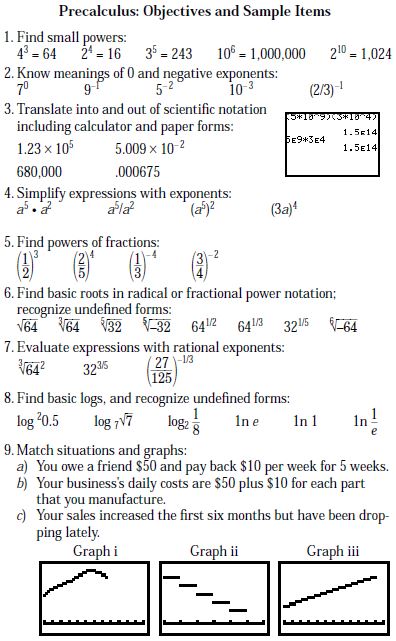For a primer on what #EduRead is: http://readchatreflect.blogspot.com/2014/06/eduread-642014-homework-math-dilemma.html
This Past Week’s Article: Homework: A Math Dilemma by Patricia Deubel
My Supplemental Articles: Algebra Homework: A Sandwich by D. Bruce Jackson, and Conceptualizing Drills by Nat Banting
Thoughts:
The article entitled “Homework: A Math Dilemma” was a revelation for me. It put a framework on some thoughts that I had been struggling to articulate for a while. Not only did the short article talk about homework, but it also addressed a theoretical framework of learning math, which is the part that I had been lacking.
Basically, it alluded to research that there are four dimensions of learning math: Mastery, Understanding, Interpersonal, and Self-Expressive. I had generally been uneasy with my department’s pedagogy, worrying that we were worrying too much about skills and not much about connections, vocabulary, and concepts. Turns out that what I was worried about was a isolated focus on the Mastery dimension of learning math, which focuses on procedural fluency. I aspire to provide more in the realm of Understanding, which necessitates my students being reflective, making connections between ideas, etc. but they are so unused to that from other classes, that I’ve struggled to make much headway.
I have aimed to grow more at having students communicate more (Interpersonal) and to create (Self-Expressive) but have not had the mental bandwidth yet to make serious commitments to these. I’m looking forward to thinking more about those this summer, but it helps to even have categories to shoot for now.
The article introduced this paradigm to help its argument that homework shouldn’t just be a problem set. Ideally, it shouldn’t even just be a few versions of a problem set where students with higher understanding take on a harder version. They argued that there should be a variety of reasons and executions of what homework should look like, and they should cater to students who are naturally gifted in different ways in the 4 dimensions of learning math.
Here are some of the homework ideas that we brainstormed on the chat. In parentheses I noted which dimensions I think these assignments target best.
- Students choose a way to show mastery; “menu math” (all 4 dimensions)
- Assign 3-5 required problems and let students choose 3-5 more from a certain number of options (Mastery)
- Give differentiated assignments on a technology practice platform, such as Khan Academy, MathXL, where each student can work at own pace and get a topic that is appropriately challenging (Mastery)
- Students respond to some sort of journal prompt (Understanding, Interpersonal, or Self-Expression)
- Students create something using Desmos or Geogebra, etc. (Self-expression)
- Assign vocabulary terms to define or create/find examples of (Understanding or Interpersonal or Self-expression)
- Give students a few problems and the answers, ask them to fill in the steps and justify (Understanding or Interpersonal)
- Write summary notes or 3 questions the teacher could assign based on the day’s work (interpersonal or self-expression)
- Assign backwards problems: Give answers, make students write a problem that would solve to give that answer (self-expression)
- Students self-assess on knowledge, using a google form or some polling app (Understanding)
- Students write about which problems were hard for them and which ones were easy and why (Understanding or interpersonal)
- Students write on a discussion board online, respond to each others’ comments (Interpersonal)
- Random quizzes using a couple homework problems (Mastery)
Shout out to Sarah Aldous for a solid post of more homework ideas accumulated this week!
To grow on:
How do I grade all these ideas? I toyed with the idea of a general rubric that could apply to all homework, but I think if it is to apply to so many different purposes and formats, the language would be so broad that it wouldn’t work for any single assignment.
